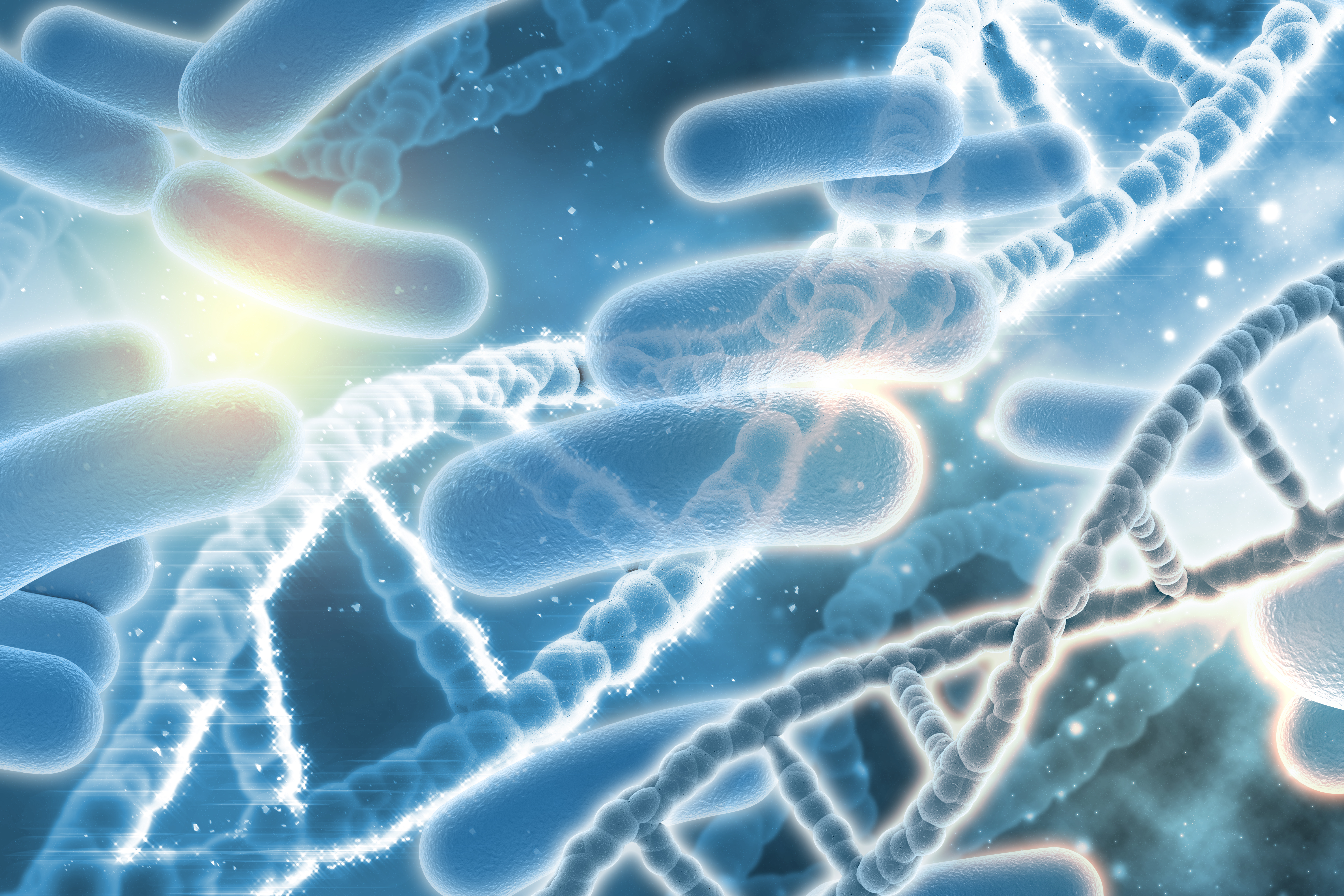

 |
The Truth About Probiotics and Gut Health: Do They Really Work?
Probiotics have gained significant attention in recent years as a solution for improving gut health. Marketed as beneficial bacteria that support digestion and immunity, they can be found in supplements, yogurts, and fermented foods. But do they actually work, or are they just another health trend? Understanding what probiotics do and how they impact the gut can help determine whether they’re worth incorporating into your diet. What Are Probiotics?Probiotics are live microorganisms, primarily beneficial bacteria, that help maintain a balanced gut microbiome. The human gut is home to trillions of bacteria, both good and bad. When this balance is disrupted—due to factors like poor diet, stress, illness, or antibiotic use—digestive issues such as bloating, diarrhea, and constipation can occur. Probiotics aim to restore this balance by introducing beneficial bacteria that promote gut health. How Do Probiotics Affect Digestion?Probiotics support digestion in several ways:
While probiotics can support digestion, their effectiveness depends on the type and strain used, as different bacteria serve different functions. Probiotics and the Immune SystemAround 70% of the immune system is housed in the gut, making gut health crucial for overall immunity. Gastroenterologist like Dr. Jasvant Modi, emphasizes that a well-balanced microbiome supports antibody production, helps regulate inflammation, and strengthens the body's natural defenses. Probiotics contribute by enhancing the production of antibodies and supporting immune cells. Some studies suggest that probiotics can reduce the severity of colds and gastrointestinal infections. However, research is still ongoing, and results vary depending on the individual. Do Probiotics Help With IBS and Other Digestive Disorders?Irritable bowel syndrome (IBS) and inflammatory bowel diseases (IBD) like Crohn’s disease and ulcerative colitis are common gastrointestinal conditions. Some research indicates that probiotics can help alleviate bloating, gas, and abdominal discomfort in individuals with IBS by improving gut motility and reducing inflammation. However, not all probiotics work for every condition, and more research is needed to determine which strains are most effective. Are All Probiotics the Same?Not all probiotics offer the same benefits. Different strains serve different functions, and the effectiveness of a probiotic depends on factors like dosage, formulation, and whether the bacteria survive stomach acid before reaching the intestines. Popular strains include:
Are Probiotic Supplements Necessary?Probiotics are available in both food and supplement form. Natural sources include:
For most people, consuming probiotic-rich foods is sufficient to maintain a healthy gut. However, for those with specific digestive issues, taking a high-quality probiotic supplement may be beneficial. Consulting a healthcare professional can help determine whether supplementation is necessary. The Bottom Line: Do Probiotics Really Work?Probiotics can play a role in supporting gut health, but their effectiveness depends on the individual, the strain, and the condition being treated. While they can aid digestion, boost immunity, and help with certain gastrointestinal disorders, they are not a cure-all. A well-balanced diet, rich in fiber and prebiotics (foods that feed good bacteria), is just as important for maintaining a healthy gut. |
|